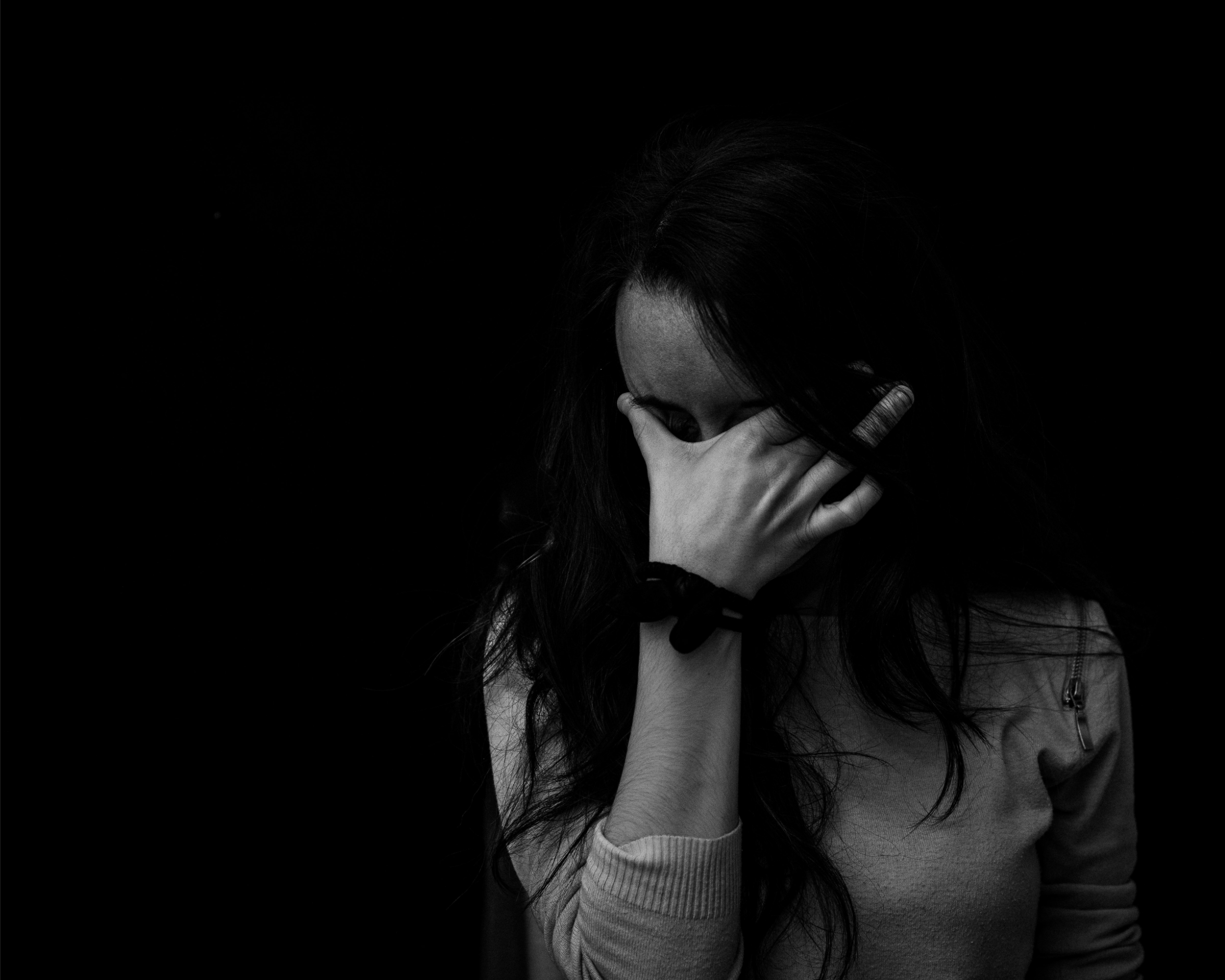The digital world has its perks, but online trolls can take a toll on our well-being. How can we protect our mental health online?
It’s very rare for someone in this day and age not to be familiar with Facebook, Instagram, LinkedIn, Google, TikTok, WhatsApp… Most of us are constantly on the hunt for the latest digital devices and social media apps. And we spend a good portion of the day on these devices – some would say far too much time. At the same time, the world has seen an increase in mental-health awareness. People are moving towards prioritising their own well-being. But it is often the case that these two trends – digital and mental health – clash with each other. Social media is jam-packed with cyberbullies and trolls who are out to break down others’ self-esteem and well-being. So, when is the right time to hit ‘block’ and how can we take better care of our digital wellness?
The hard facts
Over the years, it has become more and more apparent that the web has a major influence on our emotions, self-confidence and body image. Several studies show the gruelling effects that the digital world can have on our mental health. And research shows that being on social media contributes to anxiety, depression, negative self-image and even loneliness. But why? The saying goes, ‘Self-comparison is the thief of joy,’ and sadly many of us live this reality by spending time online. The web is often the place we turn to for ‘inspiration’ when it comes to our dream body, fashion and lifestyle (think Pinterest boards and Instagram saves). Even when we’re not necessarily out to be inspired, we’re constantly bombarded by lavish luxuries and ‘ideal’ body shapes. It’s hard not to compare yourself to what you see online. An even scarier threat is that of human beings – we’re talking cyberbullies here.
What is cyberbullying?
It seems bullies will be present in all spheres of life, including online. Cyberbullying is defined as a form of bullying via digital devices on platforms such as social media, messaging services, gaming platforms, and more. It’s a disheartening thought that we’re all exposed to the possibility of being a victim of cyberbullying. Cyberbullies are characterised by sending offensive messages, comments, or even photos. Online abuse and harassment come in various forms, some of which are extremely serious. Revenge porn, creating false profiles, and ‘doxing’ (when your personal information has been made available online) are all examples of this type of bullying. It’s really no surprise then that this can have a major impact on mental health, and it can cause a great deal of anxiety and self-confidence issues. But why is it that some people hide behind the web to cause mayhem online? ‘Most people troll others for either revenge, to seek attention, for boredom, and for personal amusement,’ said Dr Mark Griffiths, Professor of Behavioural Addiction at Nottingham Trent University,in a BBC News story.
Unplug or engage?
Luckily, some digital platforms have taken steps towards protecting users from online harassment. Instagram, for example, made it possible for users to turn off comments or report offensive ones. The same is true for TikTok. But that isn’t always enough. Most apps allow you to block, mute or report accounts, which is a great option if you are being faced with offensive messages. Over all, it’s best not to engage with or entertain cyberbullies, but to rather get rid of the threat immediately. As soon as you receive a hateful, degrading or mean comment or message online, hit that block or mute button. Your mental-health will thank you later.
Words by Bianca Muller
Photography: Pexels







